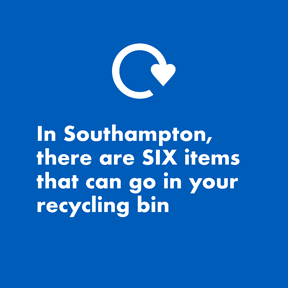Being prepared for a flood
We all think it won’t happen to us, but what if it did? Would you be prepared? We’ve pulled together a few pointers and tips to help you be prepared if your home floods.
The first thing to do is sign-up for alerts with the Met office. You’ll receive email alerts straight to your inbox. Sign up to the Met Office weather warnings.
- Do you know how to turn off your utilities? You might need to do this if you’re flooded. Find out where and how to do this (each home is different). The gas shut-off is usually beside the meter, the water stopcock is often found under the kitchen sink and the electricity shut-off is usually a red switch in the fuse box. Ask for help if you need assistance finding out where they are
- Put your valuables and important documents on a high shelf or upper floor to protect them from water. Water can destroy everything. Photos might not seem valuable now but treat them like important documents and keep them up high
- Check that your household building or contents insurance covers flooding
- Create a list of useful contact numbers such as your insurance company, landlord, and housing association, as well as emergency numbers; 105 for Electricity, 0330 303 0368 for water, and 0800 111 999 for gas. If you are elderly, disabled or with very young children you may also wish to register with your utility companies’ Priority Services Register for additional support
- Prepare a flood kit with any items you must have if you need to leave home including medicine, warm/waterproof clothing, a phone charger, ID/essential documents and a torch. For more on how to create a kit and what to put in it, go to Personal flood plan
- Check the drains outside your home and on your street are clear. As a homeowner you have a duty to clear the drains within your property boundary. If you are a renter speak to your landlord/housing association
- Report any street drainage issues through our online portal available on our website and to find out what to do if you have a water or wastewater emergency, click on this helpful advice from Southern Water or find updates on incidents


